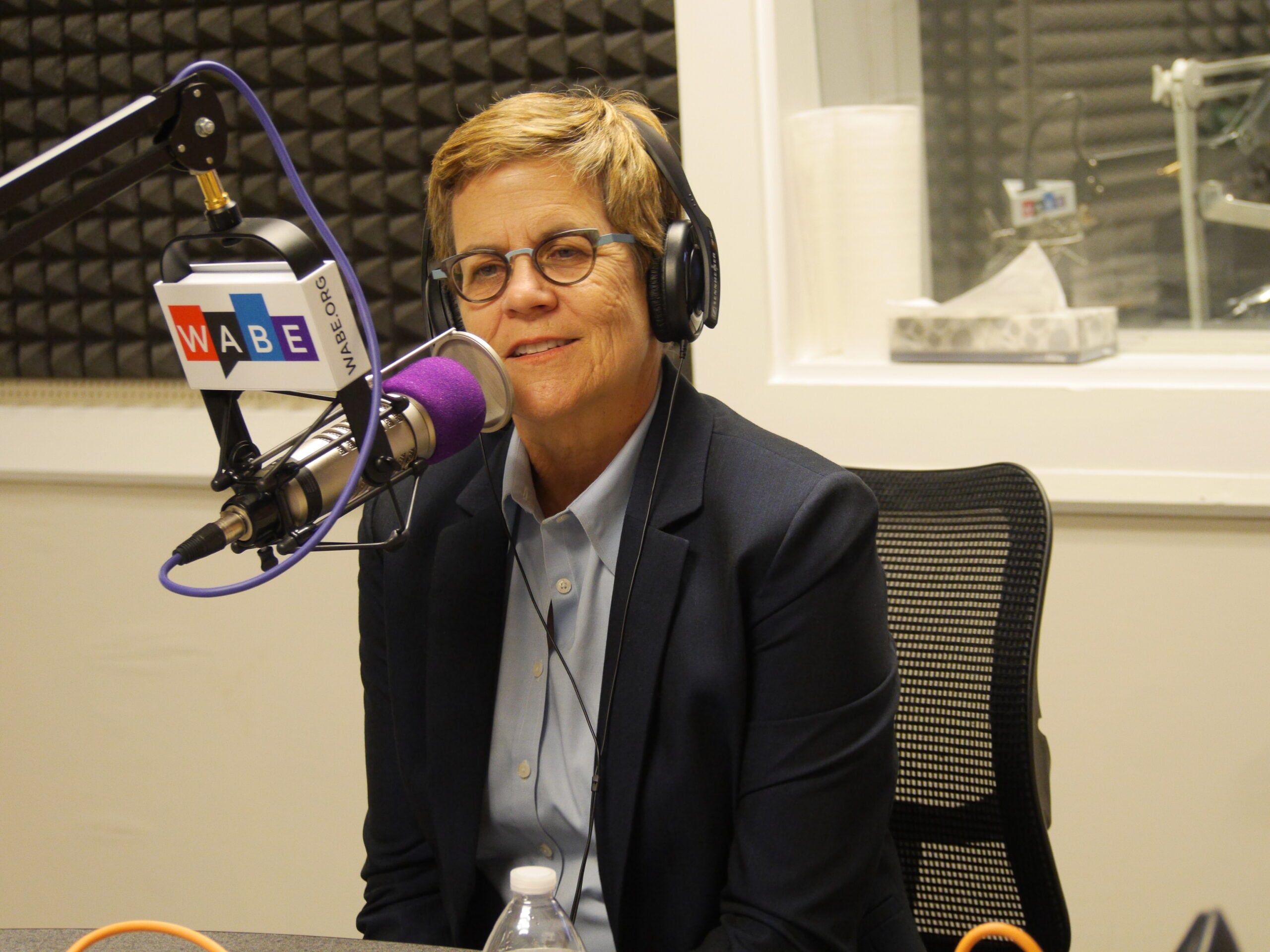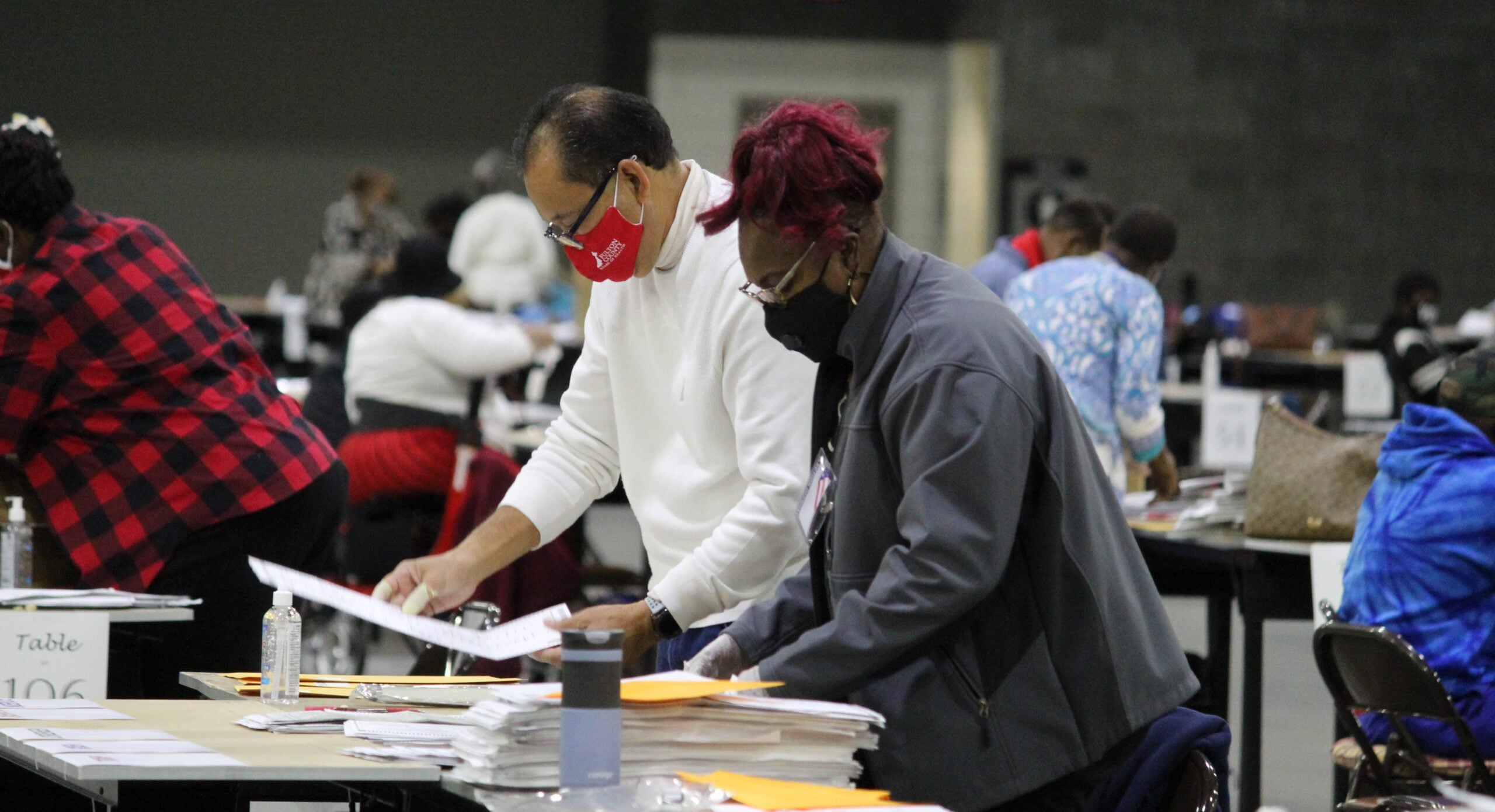Investigators who audited the signatures on more than 15,000 absentee ballot envelopes in one Georgia county found “no fraudulent absentee ballots,” according to the audit report.
Secretary of State Brad Raffensperger announced earlier this month that his office would work with the Georgia Bureau of Investigation to do the signature audit in suburban Atlanta’s Cobb County. Deputy Secretary of State Jordan Fuchs said at the time that President Donald Trump’s campaign had alleged that Cobb County didn’t properly conduct the signature match for the June primary.
“This audit disproves the only credible allegations the Trump campaign had against the strength of Georgia’s signature match processes,” Raffensperger said in a news release Monday.
President-elect Joe Biden narrowly won Georgia by about 12,000 votes out of the 5 million cast, but Trump and his allies have made repeated baseless claims of widespread election fraud.
The investigators reviewed 15,118 absentee ballot envelopes from randomly selected boxes, about 10% of the total received in Cobb County for the November general election, according to the audit report. That sample size was chose to “reach a 99% confidence level in the results.”
The Cobb County elections department had “a 99.99% accuracy rate in performing correct signature verification procedures,” the audit report says.
There were two cases where the audit team determined that a voter should have been contacted to fix a problem. In both those cases, investigators interviewed the voters and determined they were the ones who cast the ballots, the report says.
Georgians can request absentee ballots either through an online portal that Raffensperger established in September or by submitting an application. For online requests, they provide their driver’s license number and date of birth to verify their identity. If they use an application, they must sign it for verification.
When an application is received, county election workers compare the signature on the application to the voter’s signature on file, and if it is consistent, a ballot is mailed, Raffensperger has said.
Before submitting an absentee ballot, a voter must sign an oath on an outer envelope. When county election officials receive an absentee ballot, they must compare the signature to the absentee ballot application if one exists and to the signature on file. The signatures must be consistent but don’t have to match exactly, Raffensperger has said.
If the signature doesn’t match, the voter is notified and can take other steps to verify identity. If the signature does match, the ballot is separated from the envelope to protect the right to ballot secrecy guaranteed by Georgia law.








